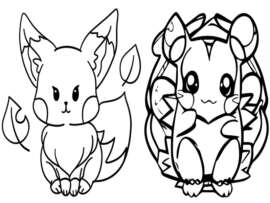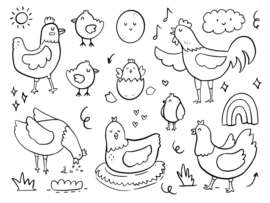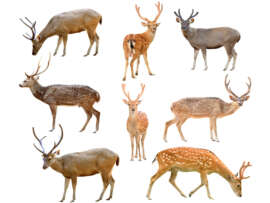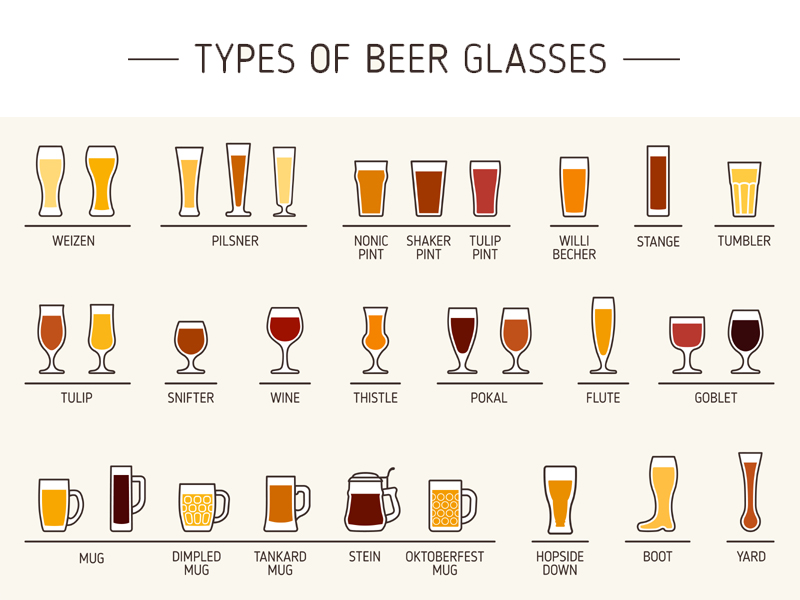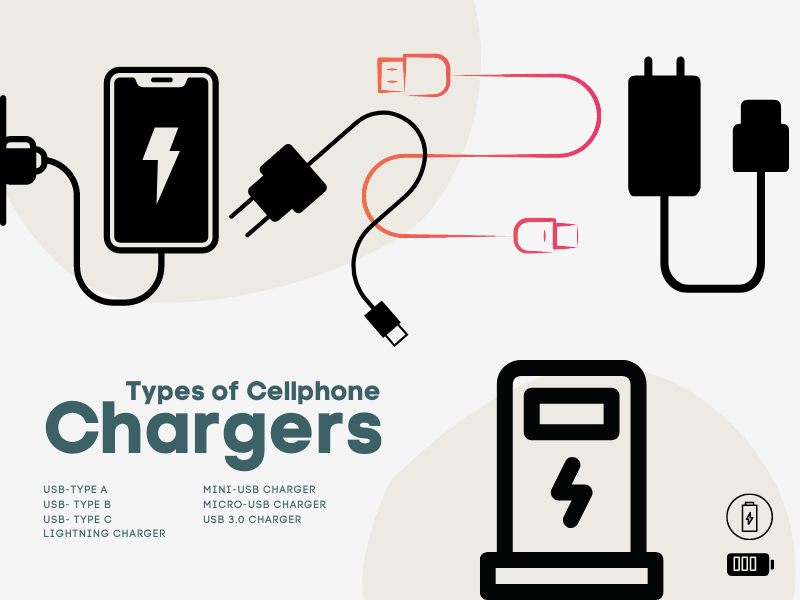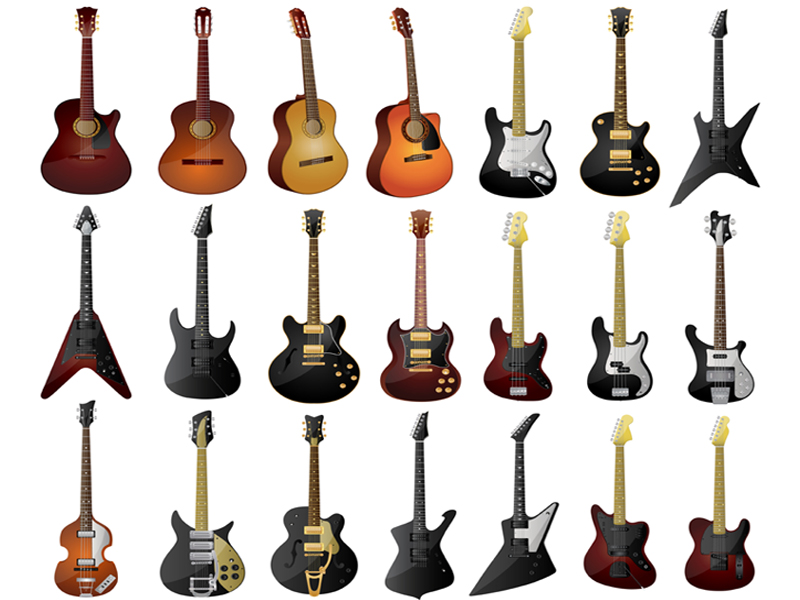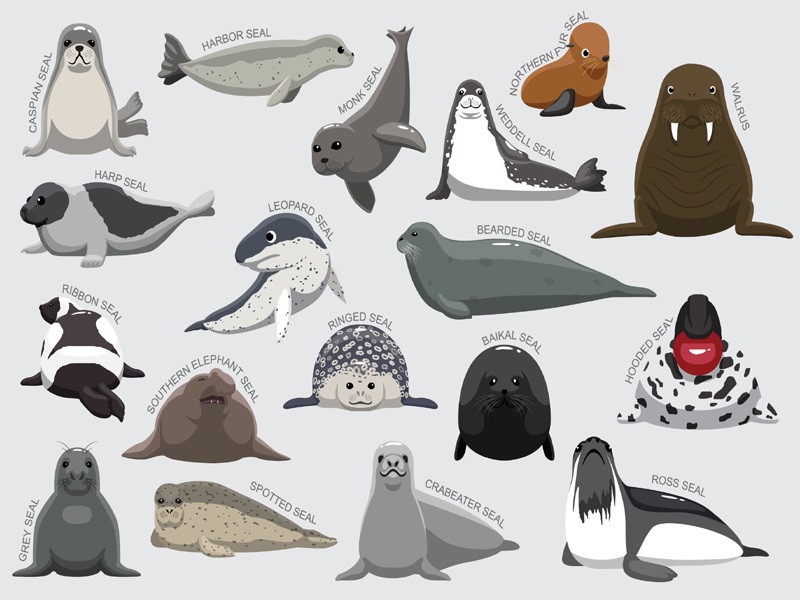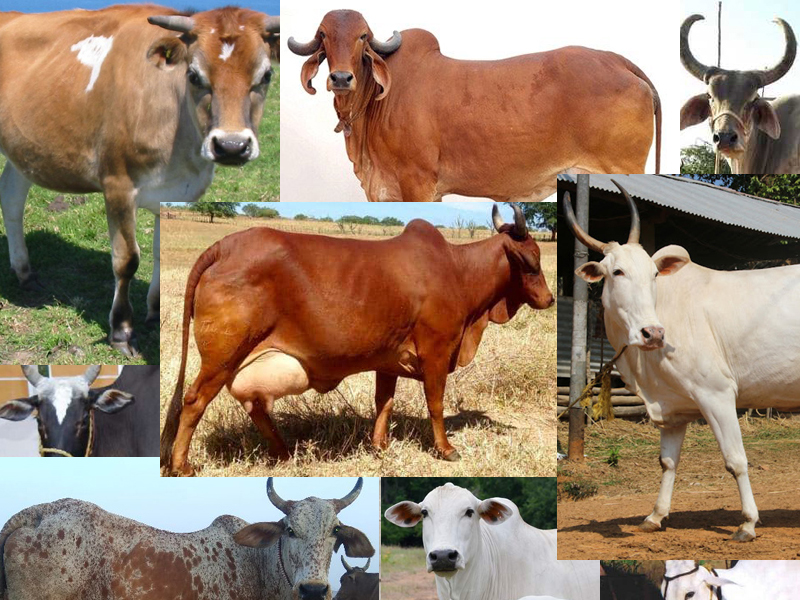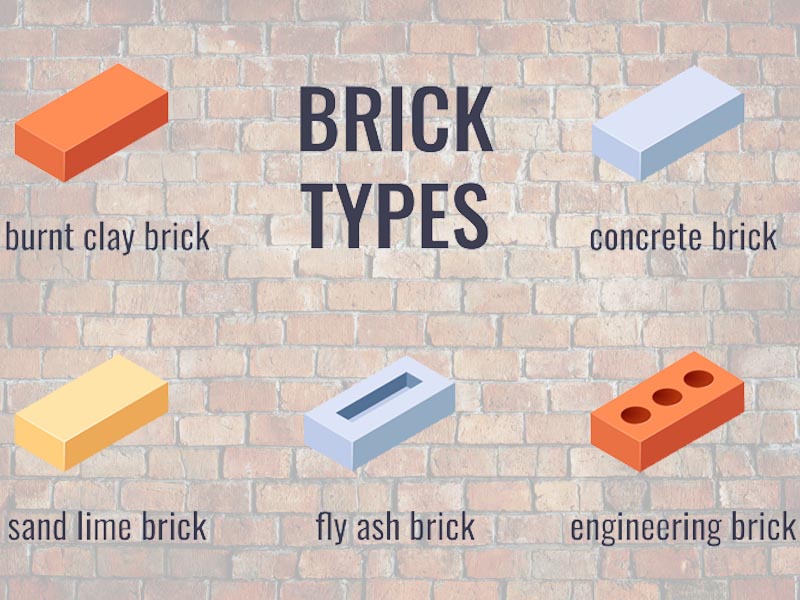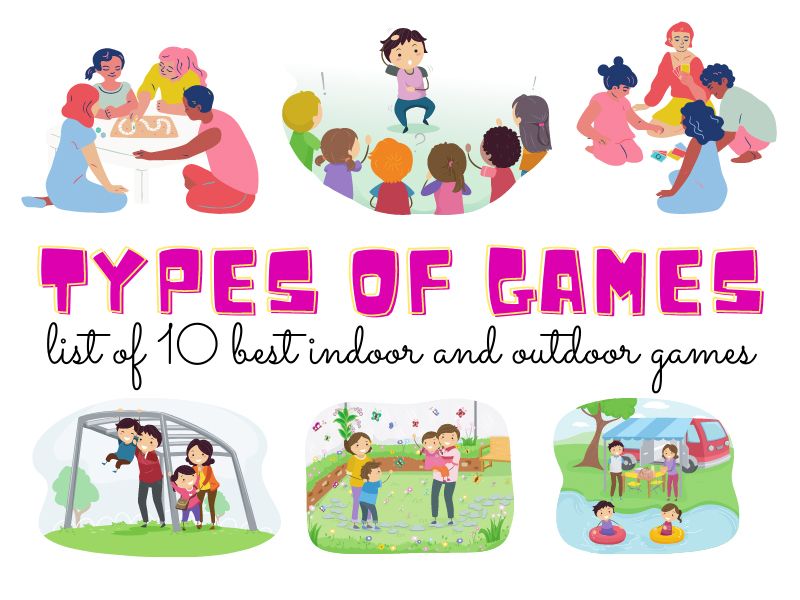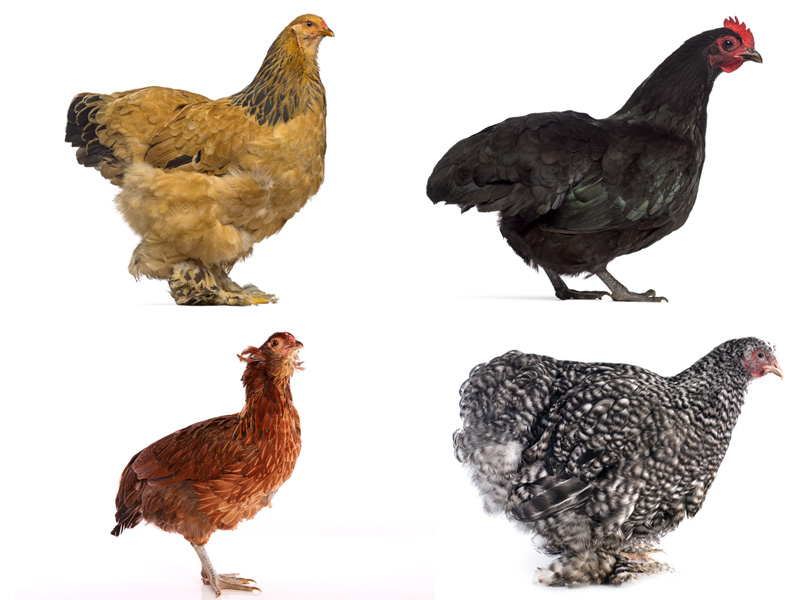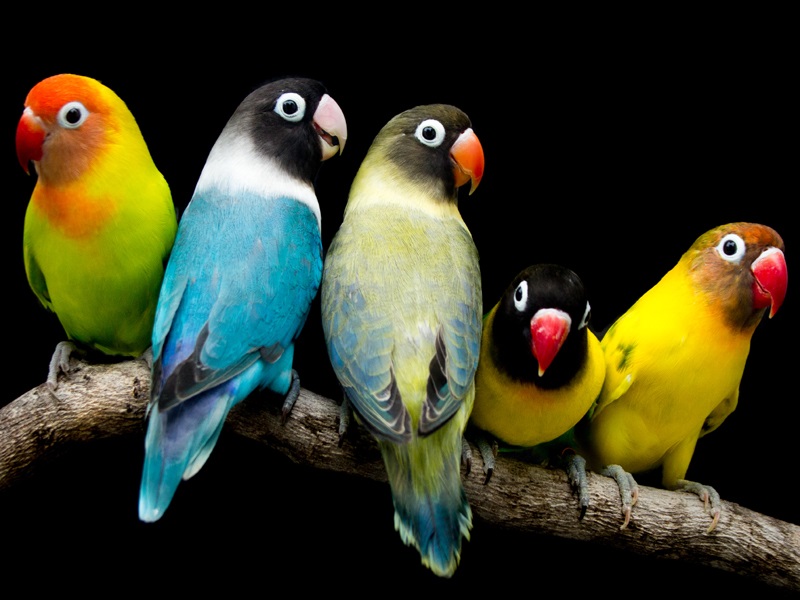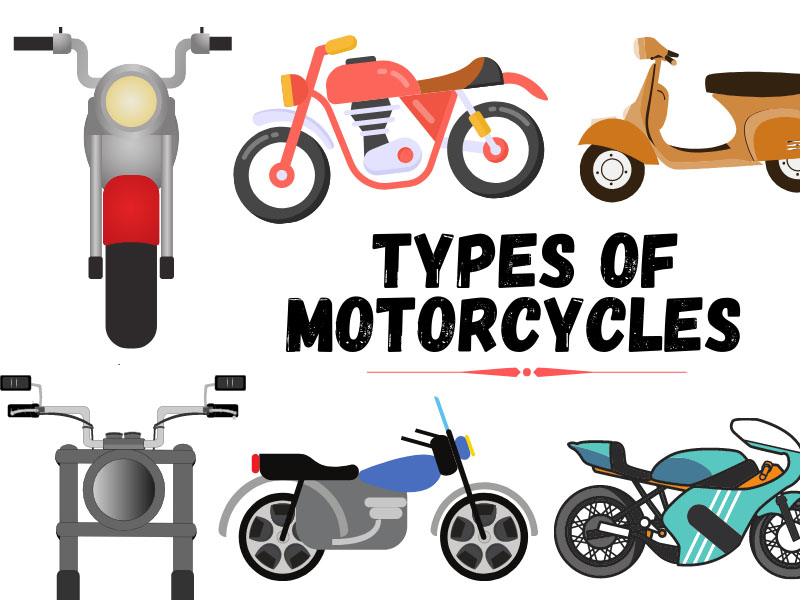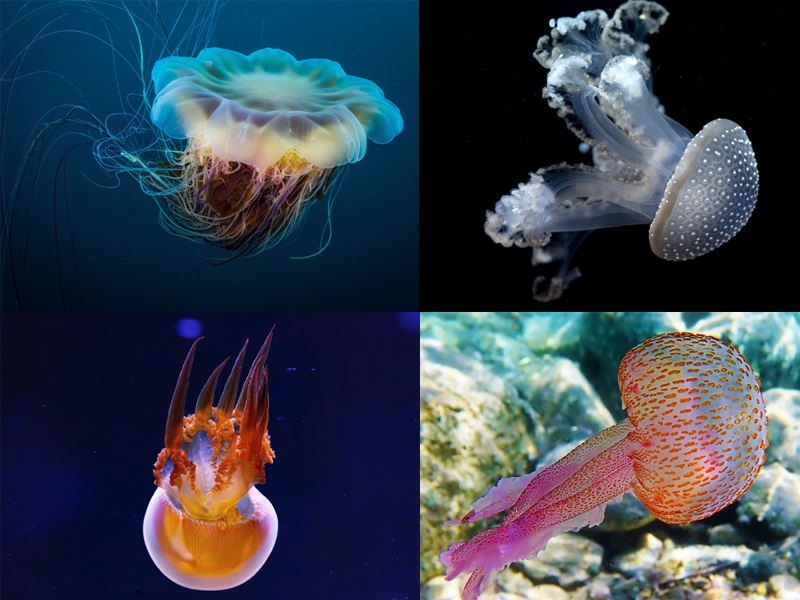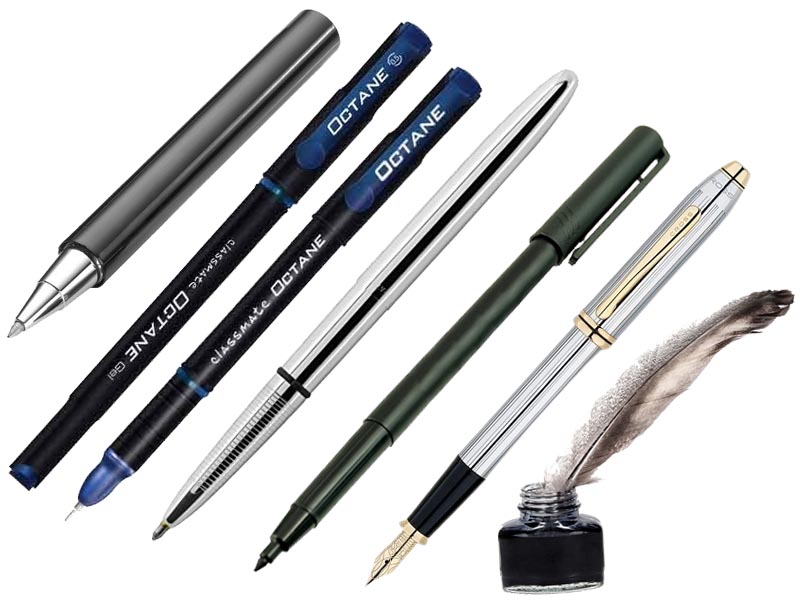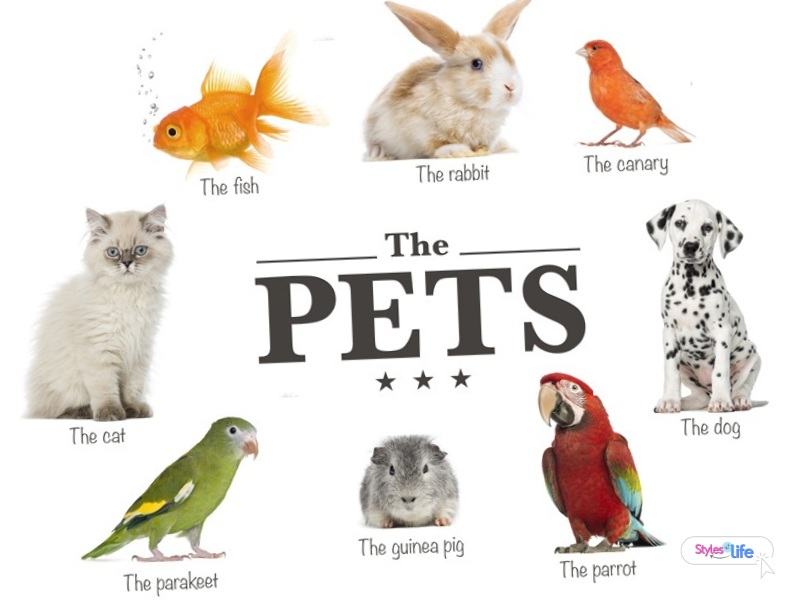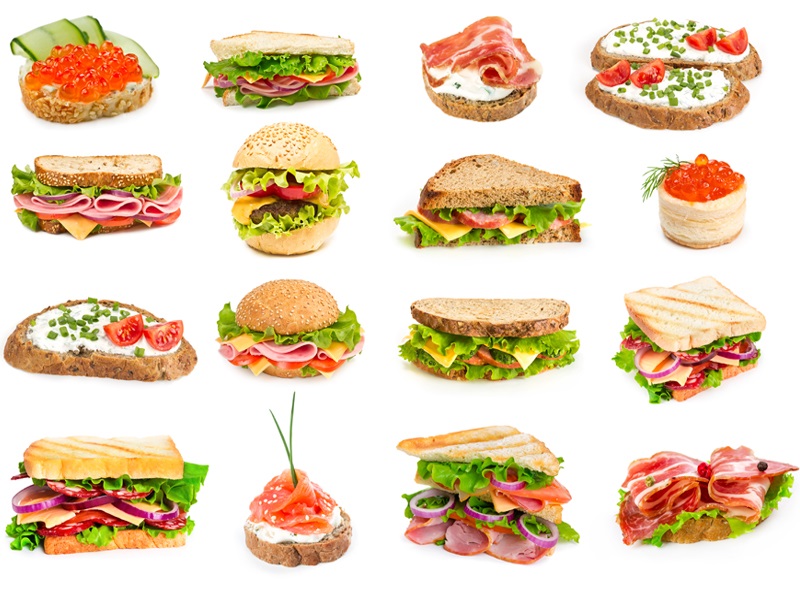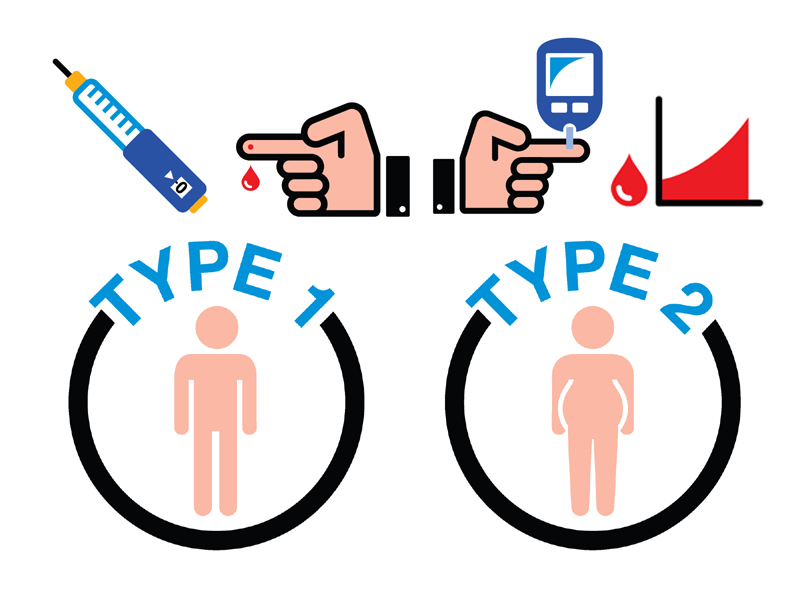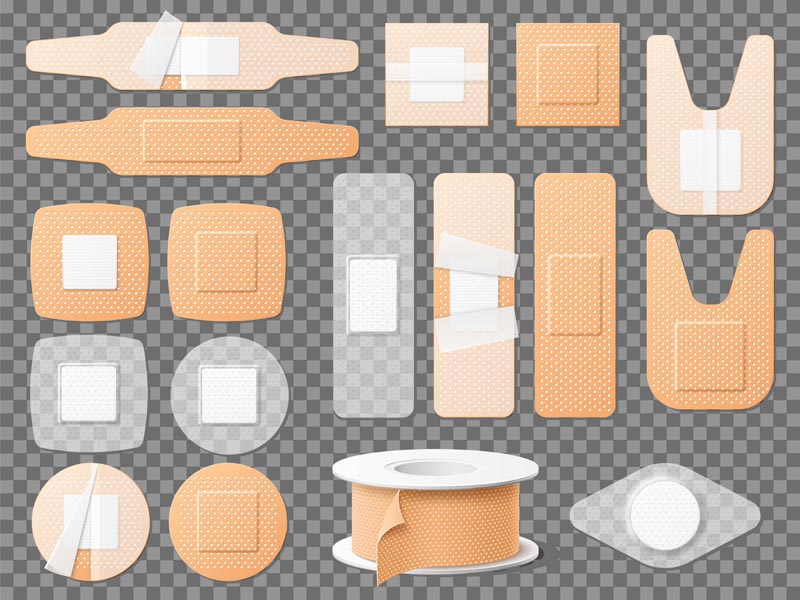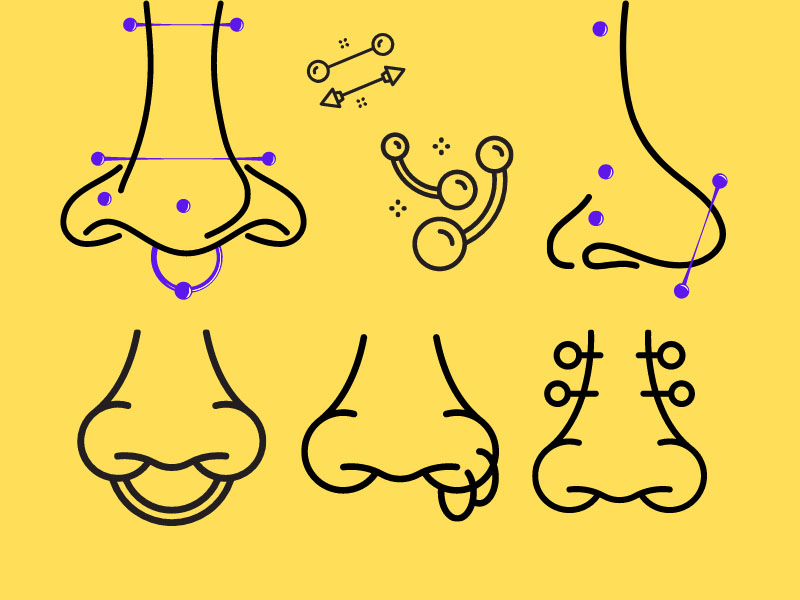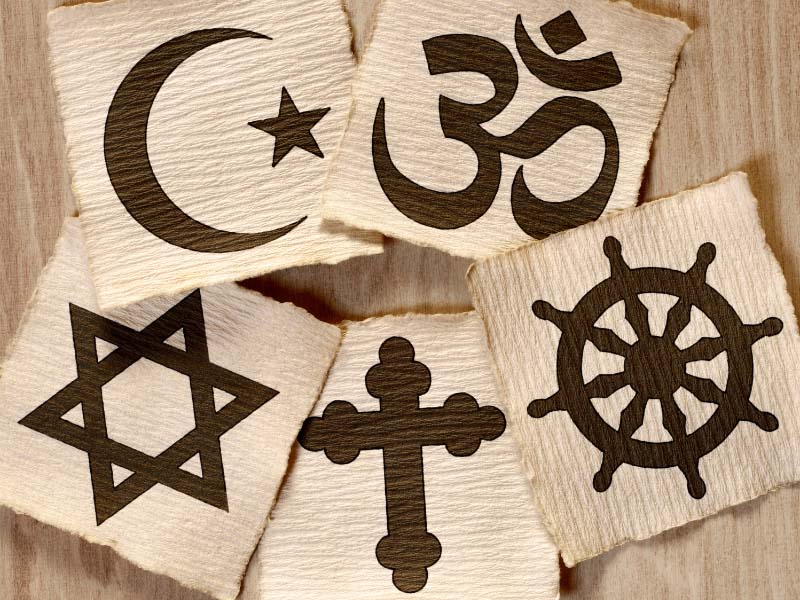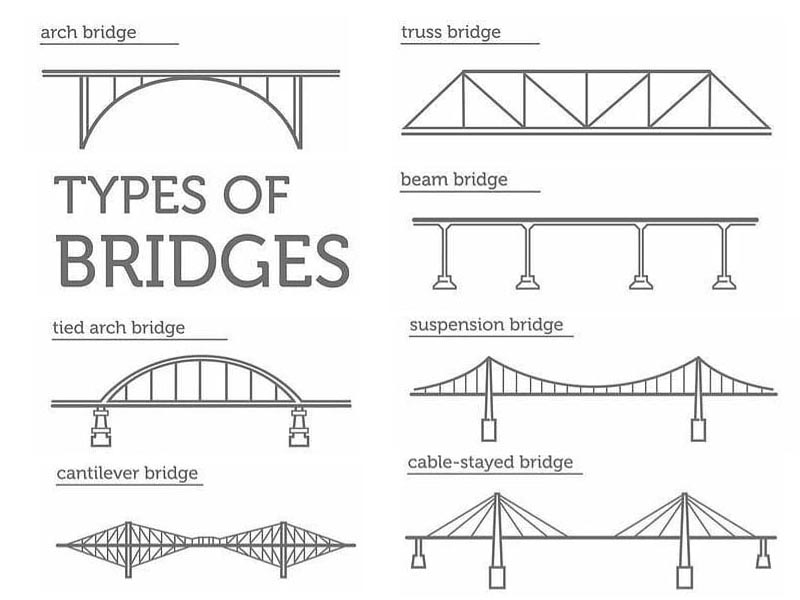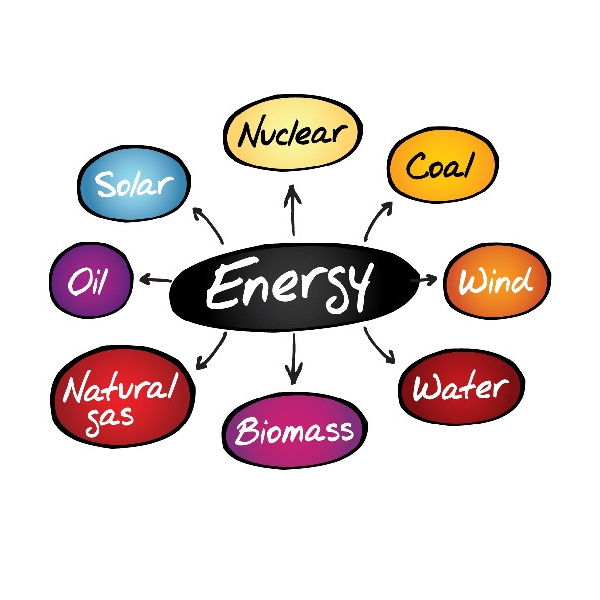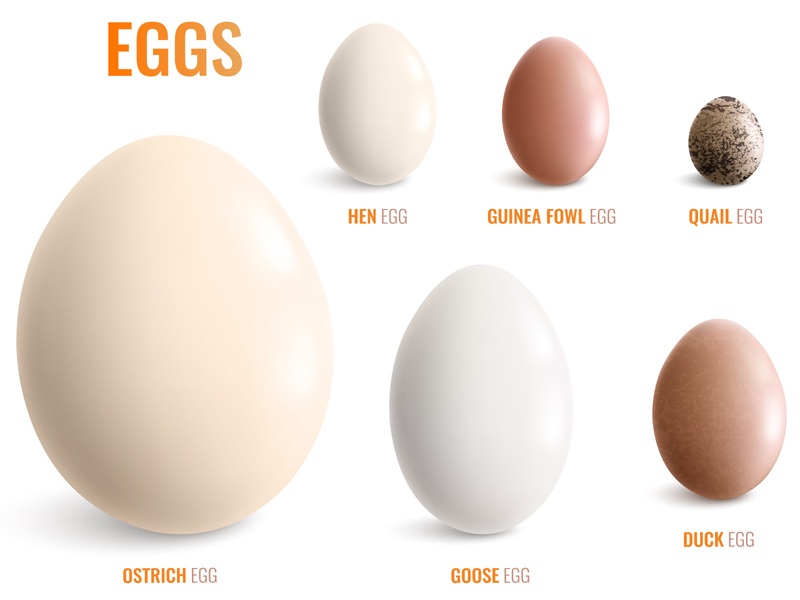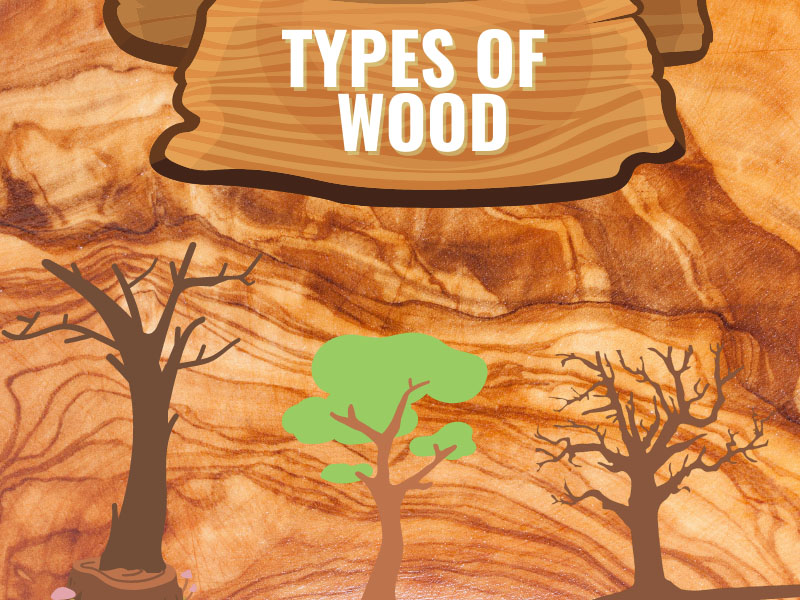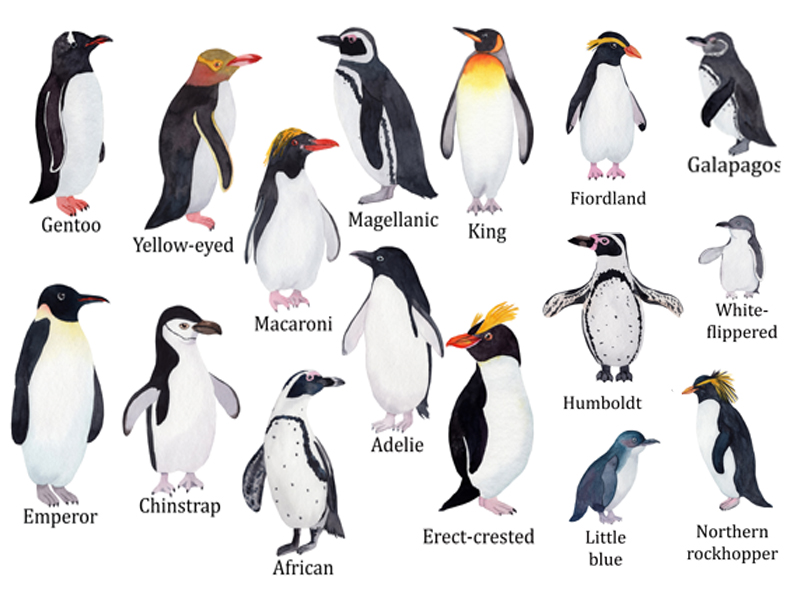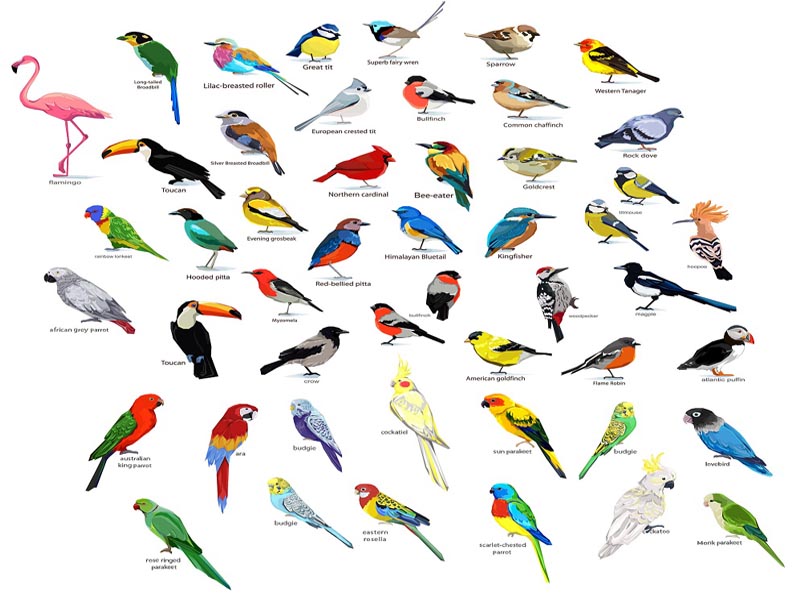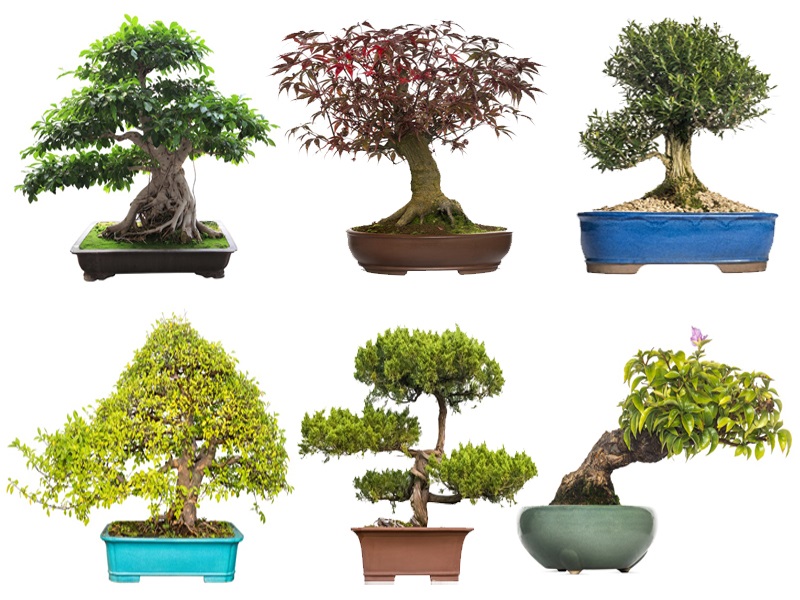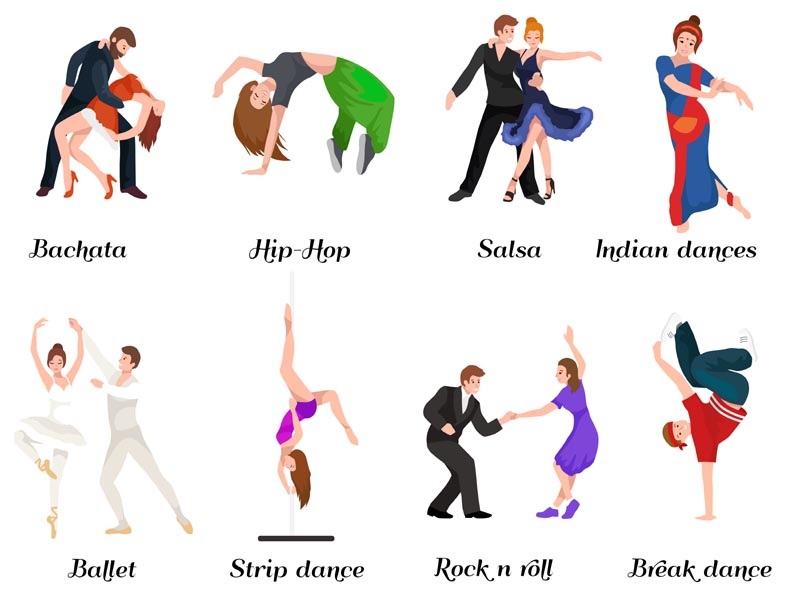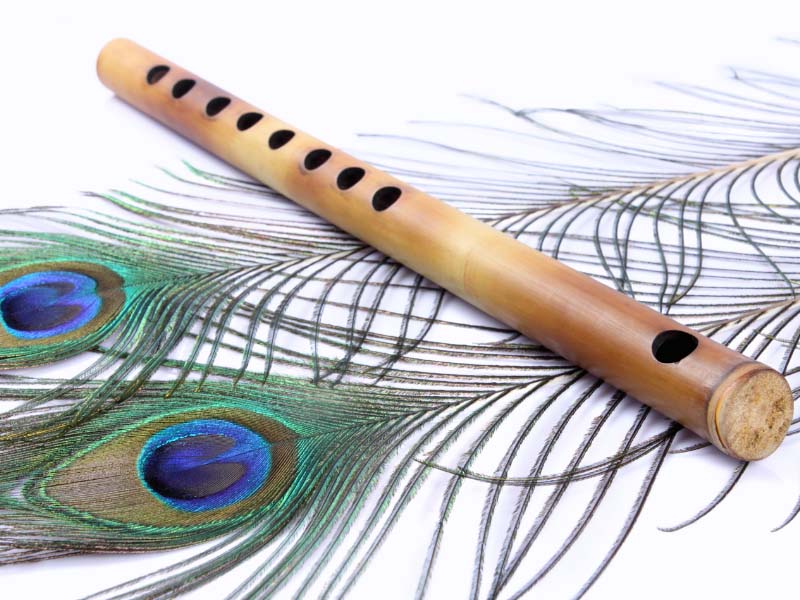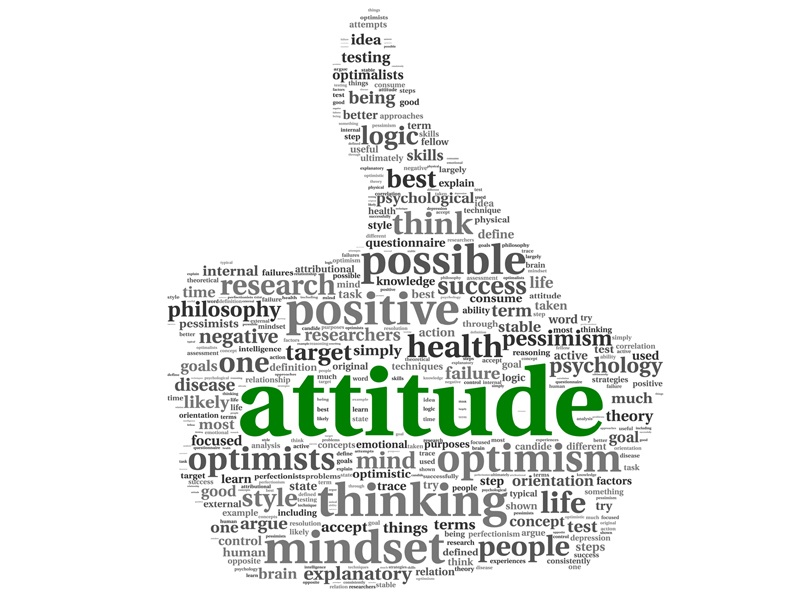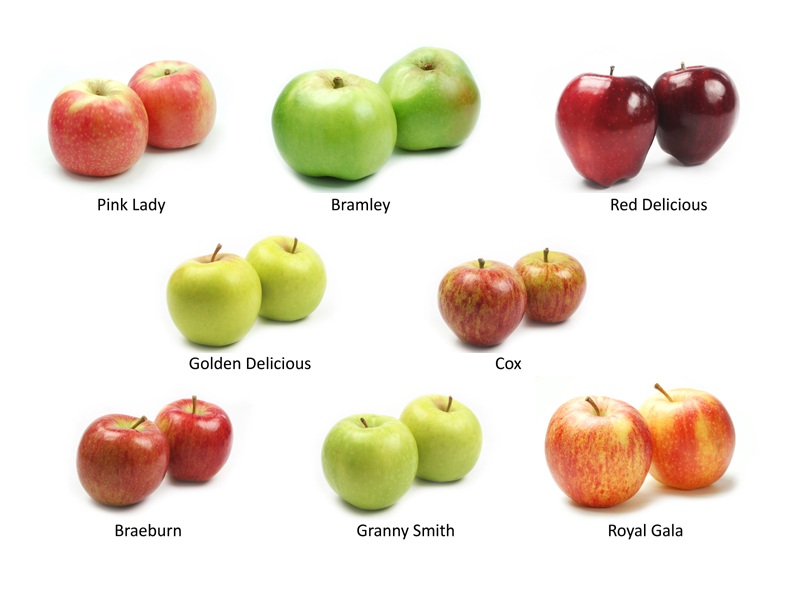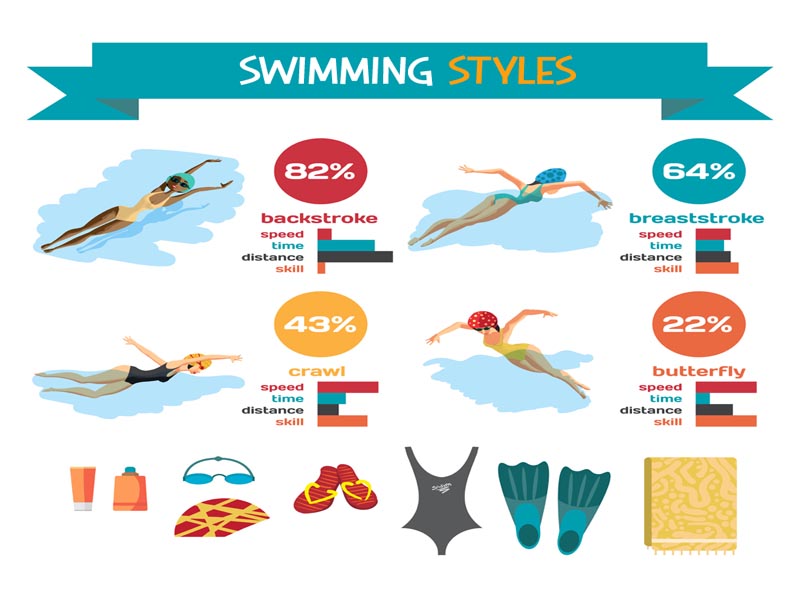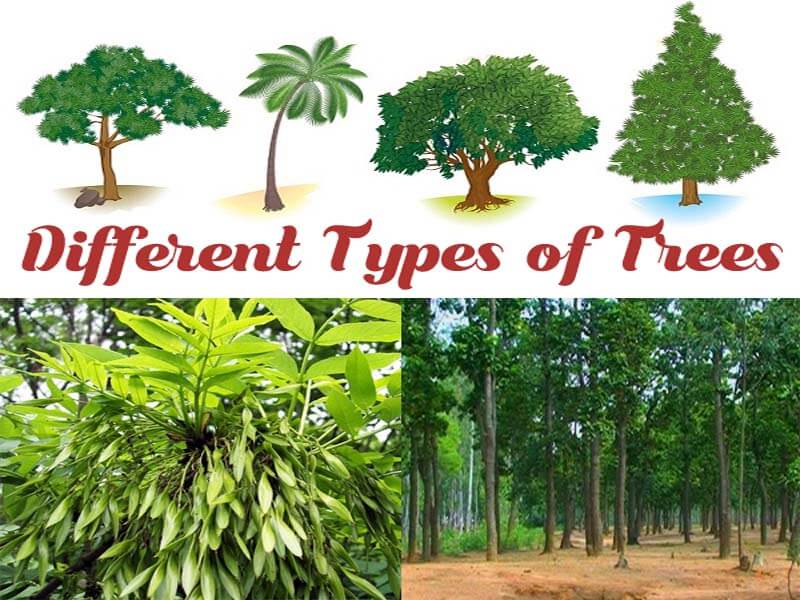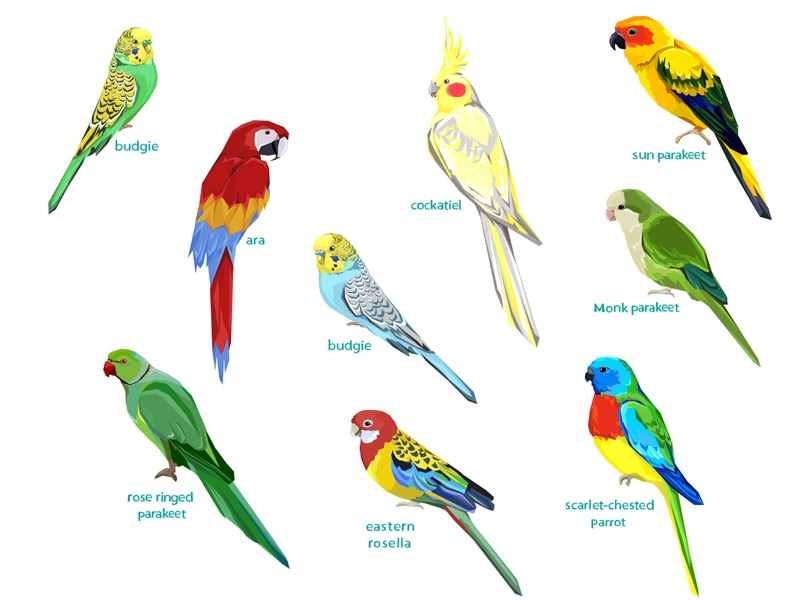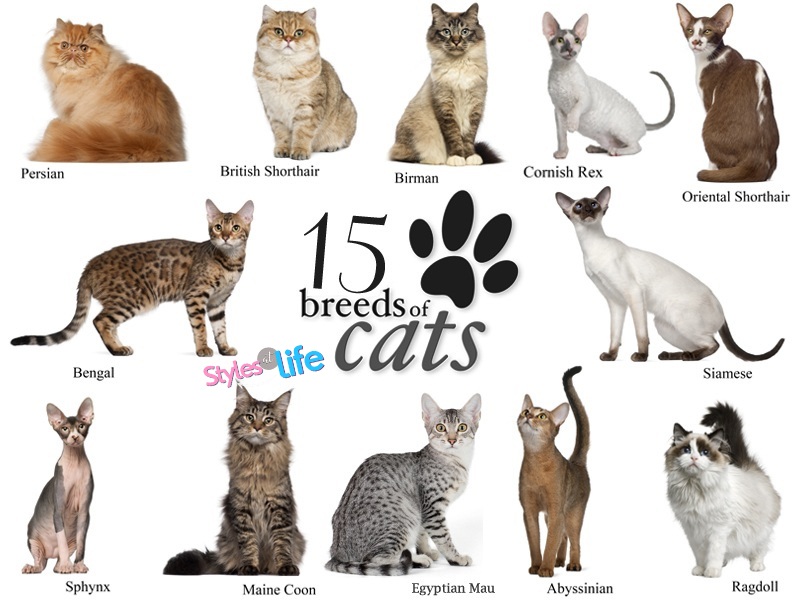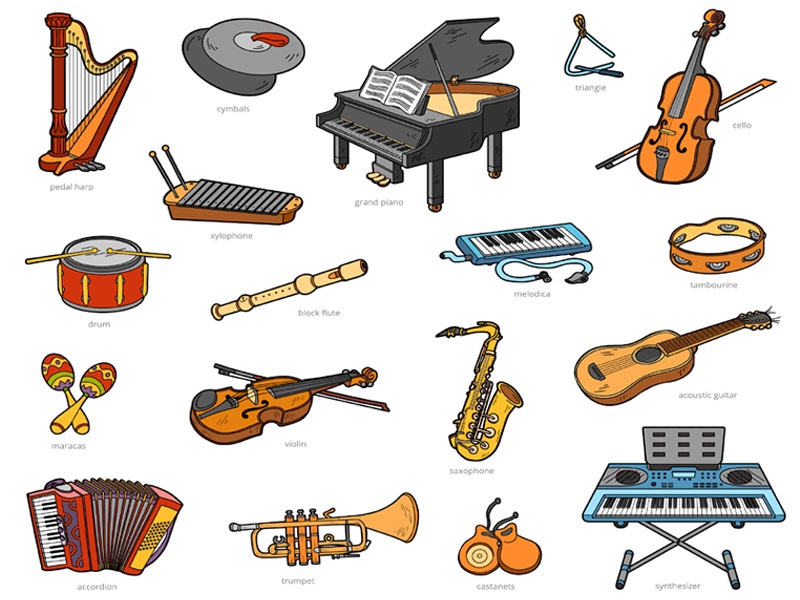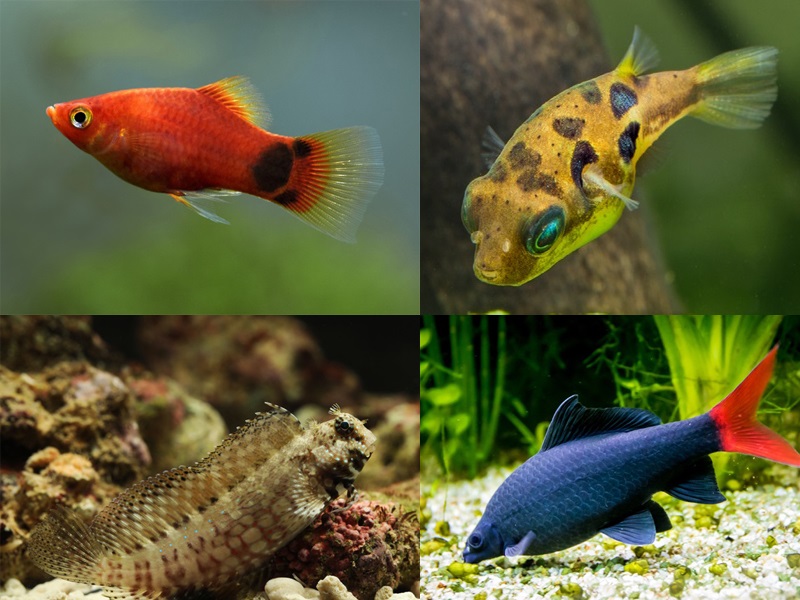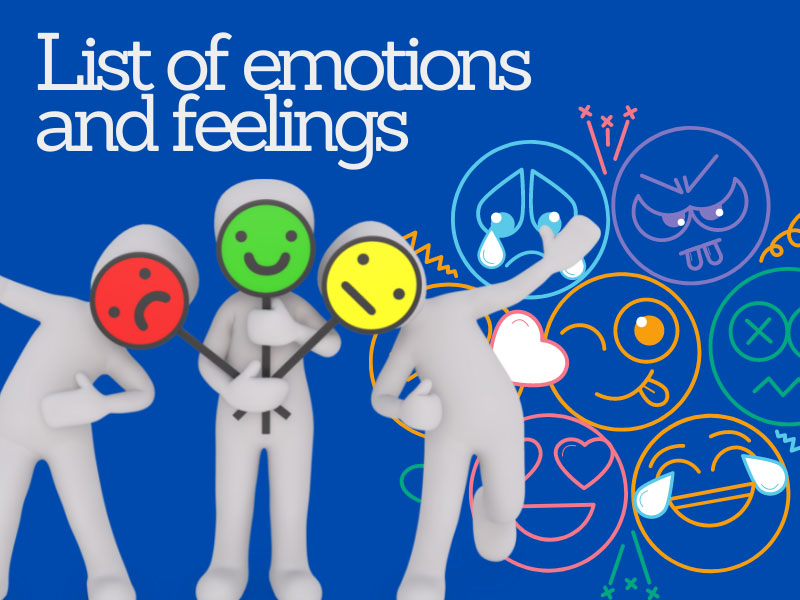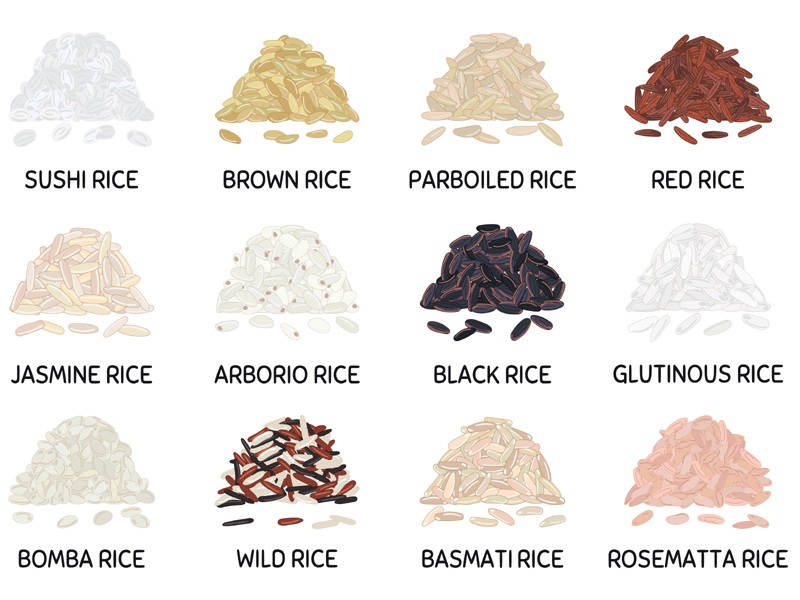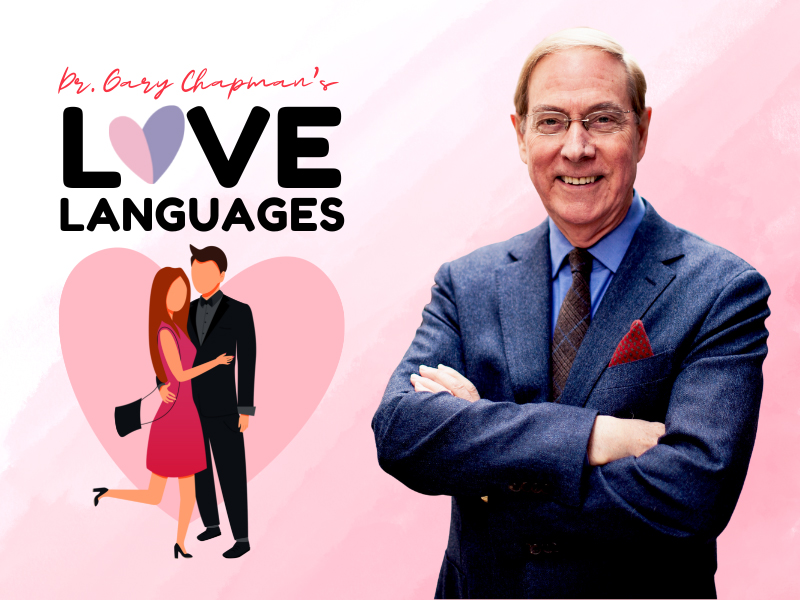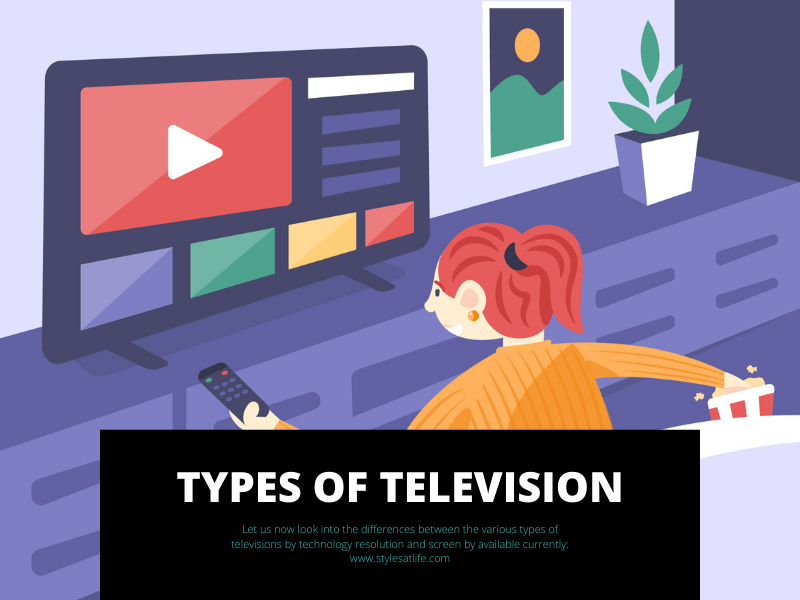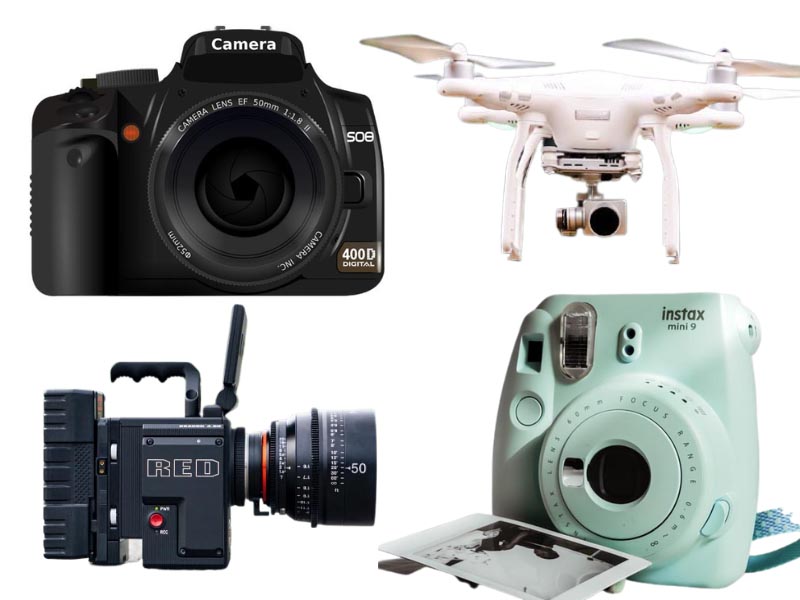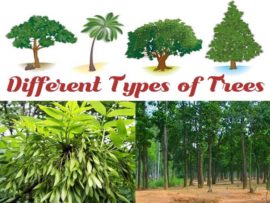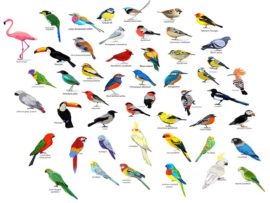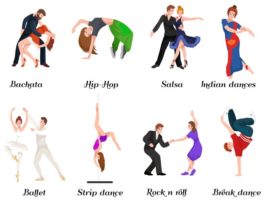What is Personality?
Since dawn, everyone has decided to categorize themselves according to how they feel and react to things. This has led to one of the most popular still prevailing personality charts. According to this chart, formulated by Carl Jung, there are a total of 16 personalities, out of which there’s one that every person can be placed in. Let us first understand the different types of personality classifications and then understand each of the 16 personalities individually.
So, 4 possible pairs form each personality trait type, and together, these make 4 acronyms each, thus giving us 16 personalities.
Carl Jung Personality Types:
1. Introversion ( I ) or Extroversion ( E ):
This is how you perceive things around you. If you are an introvert, you are usually okay with not being interactive with everyone present all around. On the other hand, extroversion is quite the opposite, and you can’t stop conversing with people no matter who they are.
2. Sensing ( S ) or Intuition ( I ):
While people who sense everything let out a more pragmatic approach and are down to earth. They usually choose to focus on what’s happening or has happened. On the other hand, the intuitive is open to imagination and decides to go solely on their instincts of future possibilities.
3. Thinking ( T ) or Feeling ( F ):
The first category here includes people who love to use only rational thinking to work out every situation and never let emotions cloud their judgment. The ones who use feelings tend to see the good in people, thus settling down things with cooperation.
4. Judging ( J ) or Perceiving ( P ):
Individuals with judgmental beliefs prefer predicting behaviour based on their past, thus framing a generic mindset. On the other hand, the perceiving ones keep every option about a person open and aren’t quick to judge.
Myers Briggs Personality Types or MBTI Personality Types:
Based on Carl Jung’s psychological theory, the Myers-Briggs Type Indicator categorises people into 16 types of different personalities. They are:
1. ESTJ:
These people are the kind who enjoy leadership in all good ways. They are happy to lead the path, even when it is as difficult as it gets. You seem to believe they know all about the people around them and tend to work for a better world where facts are verifiable. They don’t accept clouded visions and are often willing to dig deep into the most intricate situations to know more and approach the whole thing smartly. However, people with ESTJ personalities are known not to work alone. These people are often very stubborn but believe in their work etiquette and can’t stand dishonesty.
2. ISTJ:
This personality type is one of the most found; around 13% of the world population makes up this type. They essentially define integrity, logic and practicality. People with this personality have a dedication to traditions and rules. The accuracy of how they predict things works well in their favour. Assumptions aren’t really their thing; they are very straightforward about every course of action they take. These people often lose patience and are sometimes victims of irresponsible decisions. They prefer working alone and don’t like to rely on others since ISTJs see that as a weak point or think of it as a trap.
3. ENTJ:
The third of the different types of personalities we cover are ENTJs. In this personality type, people can’t help but build their confidence around everyone. They draw people into their goal, allowing them to think it’s a common desire of everyone. These traits make them natural leaders. They are very determined and have the sharpest minds out there. Their strategic thinking makes them brilliant entrepreneurs, and they keep pushing the boundaries of negotiation till they get their way. ENTJs can’t stand weakness and are rewarded by strong relationships and victory in most fields, personal or workplace.
4. INTJ:
Types of personalities feature INTJ in 4th place. They are smart and can be easily tagged as a bookworm because of their undying love for corners of any room to avoid conversations. They are great at bonding if they meet someone with the same level of intuition and knowledge. Due to their Intuitive and Judging personalities, INTJs have a very limited number of confidantes. You are very observant and appreciate intelligence. They force changes around them only by making use of willpower. They usually also possess a sense of talent, but there is no point in that unless discovered accidentally since they are never out and about their qualities.
5. ESTP:
ESTP people impact everyone around them and the surroundings, of course. They are easy to spot and fit in everywhere easily. Big on humour, these people love the attention they get. They keep the conversation going with intelligence and contingencies. Living with them means being on edge always, and you will enjoy all the drama and thrills. They think about themselves more than correcting others. ESTPs are perceptive, so they pick up traits and thoughts quickly. They are quick with observations but careful enough. They are distracted sometimes but are good and constructive in the end.
6. ISTP:
These people love to explore the world around them despite not saying much. Having them on your work project is probably a good thing. They are very natural about things but can get equally stubborn. They are very blunt to criticisms and can get insensitive. You love their privacy and tend to stay reserved. While they love new things, they are bored easily and hate to commit, no matter what. On the other hand, they are also very energetic and like to go with the flow, getting practical and equally creative with everything thrown at them. ISTPs love to call themselves versatile and are great company in times of crisis.
7. ENTP:
While the ENTP personality type is ultimately the warehouse of the devil, they love to drift everything apart. They are more of the fun kind and rip things apart only for fun, not to make anything out of it. ENTPs are known for their quick wit and are very knowledgeable about everything around them. Quick thinkers are known to be flexible and can switch between ideas. While they do come up with original ideas, their approach makes them lazy to solve issues that arise. Their wit and words intrigue others, thus winning people’s confidence easily. They are also insensitive and find it difficult to focus on things, so they hate it when things get practical.
8. INTP:
This one has only 3% of the world’s population, so it’s an uncommon personality type, which isn’t very sad for them since they barely like being common. They are very innovative philosophers. Responsible for quite a number of scientific discoveries, INTPs process ideas into sound reasoning in no time. They are abstract thinkers, which works quite well in their favour. Besides, they are also very enthusiastic and open-minded. They welcome ideas and often make people think their ideas matter, thus making them friends for life. However, all is not good for them, and they are very absent-minded and keep second-guessing their decisions.
9. ESFJ:
People with the ESFJ personality lack popularity despite being introverts. They make up almost 12% of the population. You love social gatherings but stay out of the mess. They are spontaneous and put in much hard work to arrange plans. Their main clumsiness comes owing to their concern about social status. They worry about what people will think about them. They are also very inflexible, making them less of an innovative clan. Criticism makes them turn their backs; yes, they are that vulnerable, but they are also strong towards their duty and own up to all their practical skills. They are loyal and sensitive to their loved ones, thus making them very trustworthy.
10. ISFJ:
This personality type is unique since they are very analytical despite being introverts. Despite being judgmental, They try to maintain strong, robust relationships with people around them. They are not exactly open to change, but their strengths are often their best part. You are one of the best groups on the list. They aren’t comfortable with attention but are supportive and reliable. They are imaginative but take things a little too personally.
See More: Different Types Of Energy
11. ENFJ:
While most people are drawn to ENFJ because of their personality and communicative power, their convincing skills help them get along with the crowd. They are very tolerant and reliable most of all. They are equally constructive and try to reach deep into the minds of people around them using just constructive questions. ENFJs are very charismatic and have a quality that makes them so popular. They are pretty warm and believe the world is good, making them born leaders. However, they sometimes overdo that part by becoming too selfless or overly idealistic about everything.
12. INFJ:
This personality is rare but still manages to leave an impression on others. They are born with a strong sense of idealism that helps them not be judgmental but also believe in facts. They are very soft-spoken but still have strong opinions. While decisive, they don’t use it much to give wings to their imagination. Despite that, they are creative and have a deep insight into personalities. The convincing skills of INFJs are hard to match, and their decisive factor is their passion. On the other hand, they love to be private and look for a cause before getting involved.
13. ENFP:
Free spirits make up 7% of the crowd, and the best way to recognize them is to look for the liveliest one at any party. They are emotional and make sure not to step into others’ shoes. Of course, with that comes all the curiosity and observation skills, but they are perseverant and know when to relax. They often tend to overthink and find difficulty in focusing.
See More: Attitude Types List
14. INFP:
Regardless of the record, these people try to find the good in everyone around them. You are often misunderstood but like to explore your options. They are very flexible and believe in idealism the most. They can get creative and passionate with the right kind of motivation. Although hard-working, sometimes their altruistic terms take over their judgment. They are very impractical and often end up taking things too seriously. They are self-conscious and private but can make things work eventually.
15. ESFP:
They are usually excited about life in general. You love the spotlight and can’t help but change the aura around them to positivity. They sympathize with the emotions of others, and while they might not always be the best people to hang out with, they will make the world around you seem better. ESFPs are very bold and original but equally practical and approachable. Sensitive and unfocused, they often use these two qualities to downfall.
See More: Stress And Its Types
16. ISFP:
ISFPs are happy with their personality and try to establish harmony with everyone around them. They are charming and passionate but artistic as well, thus being equally imaginative about everything up and about. Being very curious, they are sort of unpredictable, which is never a good thing. They are overly competitive sometimes, as well.
So, these were the 16 classifications of personality. We hope that you have understood the one you fit into by going through the same.
Personality Types A B C D:
Based on the dominant traits and characters a person displays, the personality type is categorized into 4 major categories – A, B, C, and D. However, they are not strict watertight compartments, and one person can possess one more trait from all the categories. It is the majority of traits that determine one’s category.
Personality Type A:
They are extremely competitive and like to climb the success ladder quickly. They are impatient and look for quick results. These people also tend to feel insecure when faced with failure. Whatever the circumstance, they always look forward to winning and don’t mind pushing themselves.
Personality Type B:
These people are relaxed, calm going, yet competitive. The difference between these people and the ones with Type A is the sense of urgency for a win. Type B people are more composed and laid back. They tend to push it off till the last second. Procrastination is the buzzword for Type B people.
Personality Type C:
Type C people have an eye for detail. They love to explore any topic deeply and sometimes get lost. They push off their goals and opinions for others. The non-assertive nature of Type C folks can sometimes get them into trouble.
Personality type D:
They are a pessimistic set of people who like to look at the world through a negative lens. A constant fear of failure backs them, and this insecurity causes them to stay aloof from others.
The Personality types discussed above only indicate what a person is. It need not reflect what a person can be in the future. By assessing the personality types and identifying the strengths and weaknesses, it is easy to shortlist the key areas of improvement. Remember that there are plenty of scopes for everyone to improve; only you can decide what personality you want to be categorized into.







